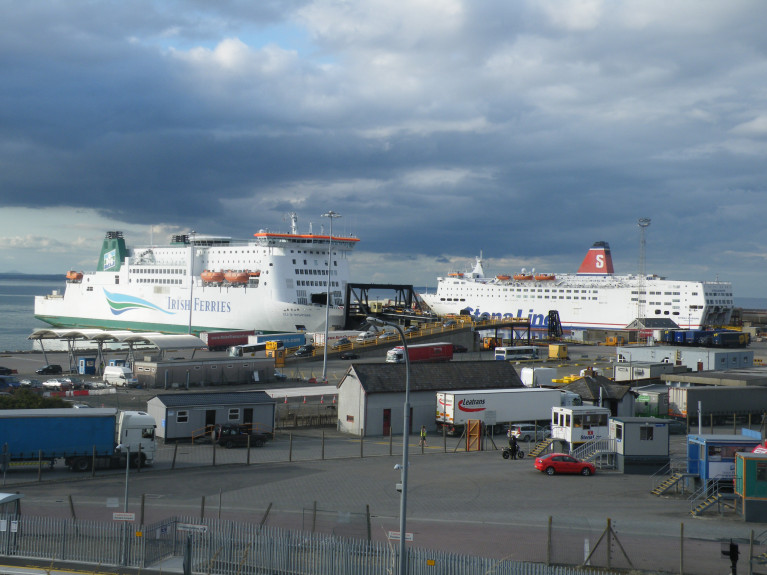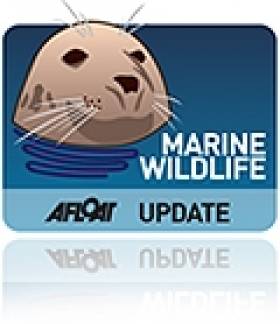Displaying items by tag: response
Response of Ferry Firms to Concerns of West Cork Locals Reporting Rise in Visitor Numbers
Among communities of West Cork towns there are growing concerns as people make their way to holiday homes and caravan parks this week, despite the 2km radius travel restriction put in place by the government.
Locals took to social media, reports EchoLive, to express their concerns and reported seeing an increase in UK vehicle registrations in coastal areas of the county.
Ferry companies who are still operating between the UK and Ireland have advised that passengers should only travel for essential purposes.
Simon Palmer, Communications Manager for Stena Line, which is still operating its ferry service from Fishguard in Wales to Rosslare Harbour in Wexford, said that passenger numbers over the Easter weekend were low.
Speaking to The Echo, he confirmed that a total of 26 passengers are due to arrive into Rosslare on Stena Line ferries over the weekend.
Five passengers are due to travel on Saturday, seven on Sunday and fourteen on Monday.
He said that those passengers who have already travelled to Ireland from Wales were deemed to be taking essential travel.
More on the story including a response from an Irish Ferries spokesperson on the situation click here.
#MARINE WILDLIFE - The Limerick branch of Birdwatch Ireland is seeking volunteers to assist in rescuing birds from oil spillages in the Shannon Estuary.
A report in the Limerick Post recounts a recent meeting at Shannon Rowing Club, where Birdwatch Ireand highlighted the impact on the environment and marine wildlife from both major and minor oil spills.
The meeting also discussed the role that local birdwatchers can play in determining crucial spillage incident response times.
A training exercise at Poulnasherry Bay is being organised for next month using equipment donated to the Irish Seal Sanctuary, preceeded by a similated planning exercise and "on-the-ground response".
The Irish Seal Sanctuary will also provide opportunities for training in the rehabilitation and cleaning of spillage-affected birds.
The Limerick Post has much more on this story HERE.
Wildlife Groups Pledge Union With Oil Spill Response Plan
#MARINE WILDLIFE - The Evening Herald has highlighted the work of a new union of wildlife protection groups which is training volunteers to act the event of serious environmental threats to Ireland's sea bird population.
Wildlife rescue volunteer Pauline Beades from Garristown in north Co Dublin has been working with Ireland's animal groups to change the official approach to wildlife - particularly birds - that get caught in oil spills.
The Irish Seal Sanctuary, Birdwatch Ireland, the ISPCA, the Irish Whale and Dolphin Group (IWDG), Coastwatch and Irish Wildlife Trust have written a joint "letter of comfort" for the Irish Coast Guard, which is the State body charged with dealing with coastal oil spills.
The groups have pledged to work together in the event of any oil spill that involves a threat to marine wildlife.
Their response plan involves an initial wave of volunteers walking beaches to gather affected animals and providing first aid, followed by transfering them to veterinarians in specialised field hospitals, as well as facilities for longer-term care.
Recently Beades helped train volunteers in Limerick, who also attended lectures and demonstrations from visiting wildlife rescue experts from Europe to prepare for any potential sea-borne wildlife emergency.


























































